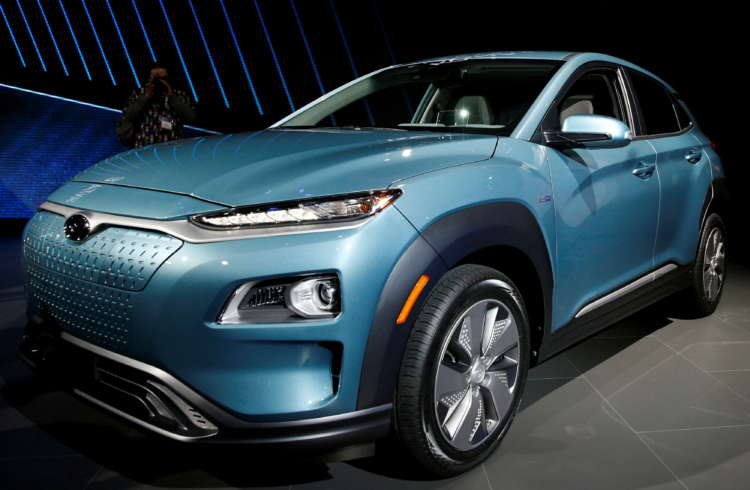Investing
Hyundai to invest $7.4 billion in U.S. by 2025, with electric cars in focus
Published by linker 5
Posted on May 14, 2021
1 min readLast updated: January 21, 2026

Published by linker 5
Posted on May 14, 2021
1 min readLast updated: January 21, 2026

Explore more articles in the Investing category











